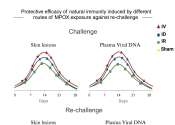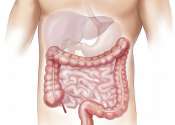Cell is a peer-reviewed scientific journal publishing research papers across a broad range of disciplines within the life sciences. Areas covered include molecular biology, cell biology, systems biology, stem cells, developmental biology, genetics and genomics, proteomics, cancer research, immunology, neuroscience, structural biology, microbiology, virology, physiology, biophysics, and computational biology. The journal was established in 1974 by Benjamin Lewin and is published twice monthly by Cell Press, an imprint of Elsevier.
Benjamin Lewin founded Cell in January 1974, under the aegis of MIT Press. He then bought the title and established an independent Cell Press in 1986. In April 1999, Lewin sold Cell Press to Elsevier.
The "Article of the Future" feature was the recipient of a 2011 PROSE Award for Excellence in Biological & Life Sciences presented by the Professional and Scholarly Publishing Division of the Association of American Publishers.
According to ScienceWatch, the journal was ranked first overall in the category of highest-impact journals (all fields) over 1995–2005 with an average of 161.2 citations per paper.
- Publisher
- Cell Press
- History
- 1974–present
- Website
- http://www.cell.com/
- Impact factor
-
32.401
(2010)
Some content from Wikipedia,
licensed under CC BY-SA









